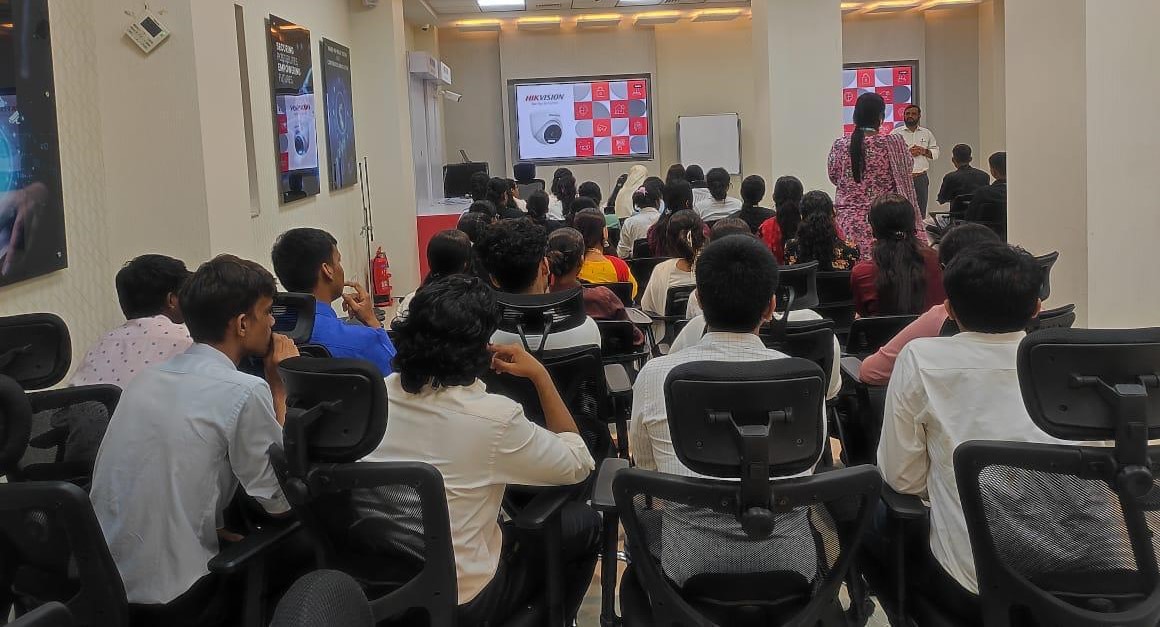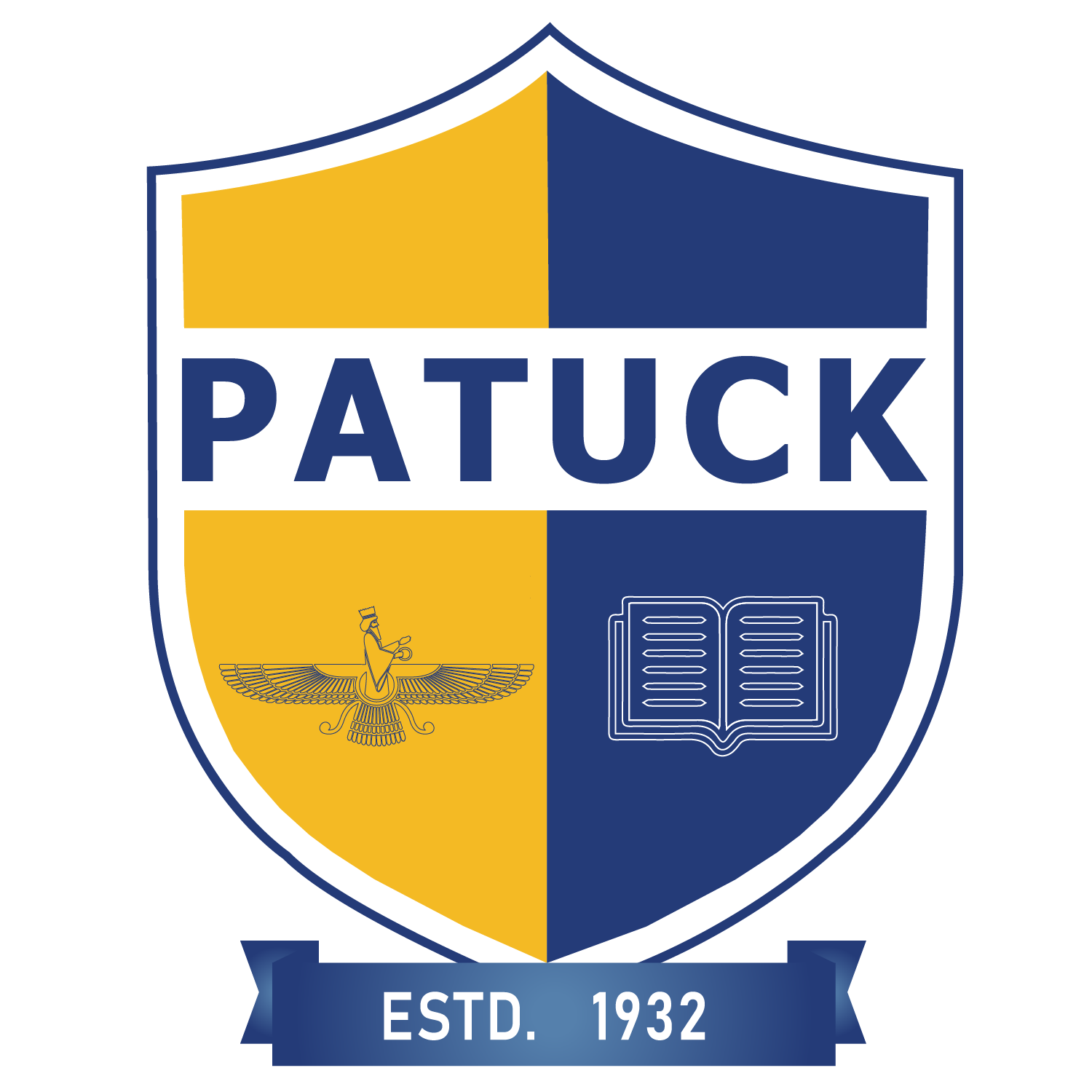Industry Visits: A Gateway to Holistic Knowledge
October 16, 2024

In today’s rapidly evolving world, theoretical knowledge alone is no longer sufficient to equip students with the skills they need to thrive in the professional landscape. Industry visits, often referred to as industrial tours, have emerged as an indispensable educational tool to bridge the gap between classroom learning and real-world application. These visits offer students hands-on exposure to how industries function, the latest technologies they use, and the business dynamics they navigate, making them a vital aspect of holistic education.
Moreover, cultivating a growth mindset in students is key to thriving in this learning environment. By embracing challenges, learning from feedback, and understanding that skills can be developed over time, students become more resilient and adaptable. This mindset, combined with practical exposure through industry visits, prepares students not just to succeed academically but to excel in their future careers.
Here’s why you must consider Industrial Visits as a part of the learning journey
Industry visits are much more than just a day out for students. They provide a window into an industry’s operational environment, giving students a first-hand understanding of the actual work process. This exposure helps students understand theoretical concepts in a practical context, making their learning experience more dynamic and meaningful.
These visits give students insights into a variety of sectors, from manufacturing plants and corporate offices to research labs and startup incubators. Interacting with industry professionals during these visits provides valuable networking opportunities and enhances student’s understanding of their future roles within the workforce.
1. Enhancing Classroom Knowledge
Classroom learning is often limited to textbooks, academic resources, and simulations. While these materials are essential for building a foundation, they may not always cover the nuances of industry practices. Industry visits, on the other hand, bring the classroom to life. For instance, while studying marketing strategies in class, students can witness how marketing campaigns are conceptualized, developed, and implemented during a visit to a marketing agency or corporate setup.
By observing real-time processes, students can see the practical implications of theoretical concepts such as supply chain management, product development, and quality assurance. They can also witness how departments such as finance, human resources, and production collaborate to achieve business goals. This comprehensive view fosters a deeper understanding and encourages interdisciplinary thinking.
2. Broadening Career Perspectives
Another significant advantage of industry visits is their ability to broaden student’s career horizons. Often, students have a narrow view of career opportunities based on their course of study. Industry visits expose them to diverse job roles, emerging trends, and niche industries they might not have considered.
For example, Students studying commerce or management often envision traditional roles like accounting, finance, or marketing. However, industry visits can expose them to a broader range of career opportunities. For instance, after visiting a social enterprise, students may become interested in sustainable business practices or impact investing. Or, after visiting a consulting firm, they might be inspired to explore career paths in strategy or business analysis. This widened perspective helps students make informed decisions about their career paths and can inspire them to explore unconventional roles.
3. Skill Development and Professional Insights
Industry visits give students the opportunity to develop essential soft skills like communication, teamwork, and problem-solving. As they engage with industry professionals, students learn how to conduct themselves in professional settings, observe workplace culture, and understand how teams operate in real-world environments.
In addition, students gain insights into the challenges and problem-solving strategies used in industries. This could range from understanding risk management in financial firms to learning about sustainable practices in manufacturing industries. These experiences not only deepen their academic knowledge but also develop critical thinking skills that are crucial for professional success.
4. Bridging Academia and Industry
One of the most important aspects of industry visits is their role in building partnerships between academic institutions and industry. These visits pave the way for internships, collaborations on research projects, and mentorship programs. Industry professionals may be inspired to participate in guest lectures or workshops, bringing real-world experiences that enhance the curriculum. The symbiotic relationship between industry and academia ultimately benefits students, preparing them for the evolving demands of the job market.
Why Patuck Degree College encourages Industrial Visits?
In an era where employers seek not just academically strong individuals but well-rounded professionals, industry visits provide an invaluable platform for personal and professional growth. These experiences enrich student’s educational journeys, ensuring they graduate with the knowledge, skills, and confidence to succeed in the competitive workforce.
At Patuck Gala College, industry visits are an integral part of the curriculum, helping students connect theoretical concepts with real-world applications. Through these immersive experiences, students gain practical insights into various industries, preparing them to meet the demands of an ever-evolving job market and excel as future professionals.
You May Also Like…
Why Start Building Your Personal Brand as a Student in April?
Personal branding is really just about figuring out what makes you —and learning how to share that with the world in a way that feels true to who you are. People have always cared about how others see them, but now, with social media and the internet, your voice can reach a lot more people.
Digital Detox or Skill Upgrade? Finding the Right Balance During Summer Break
Tired of scrolling endlessly, only to realize half your vacation’s already gone? Or feeling that FOMO because everyone’s “learning something new” this summer?
Not Just a Degree: Why the Right College Culture Matters Too
When students choose a college, they often focus on academic rankings, faculty credentials, and placement records. While these are important, another factor that plays a crucial role in shaping a student’s future: is college culture.



